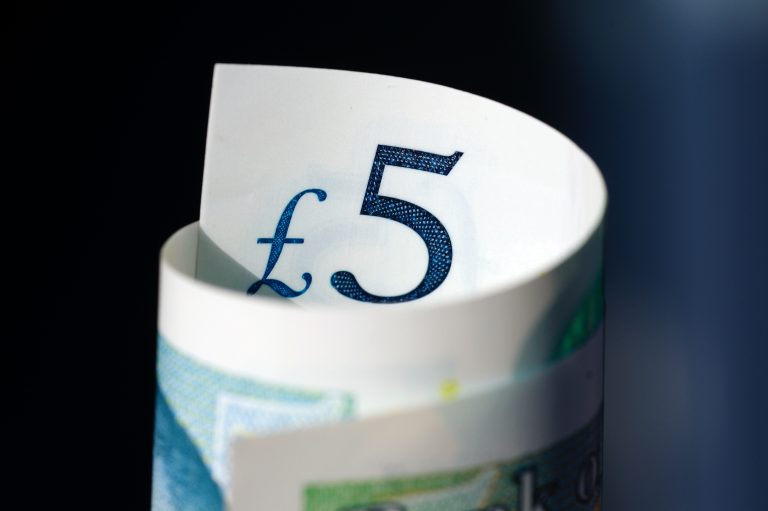Understanding credit scores


What is a Credit Score?
Soft vs hard credit checks
How to check your Credit Score
How to potentially improve your Credit Score
What have we learnt?
What is a credit score?
A credit score is a number that reflects a person’s creditworthiness, and it is something that many lenders take into consideration when deciding whether to lend to you. Your credit score is determined based on information that is given to a credit reference agency (the main credit reference agencies in the UK are Equifax, Experian, Crediva, and TransUnion). They collect and hold information on things such as your debts, how many credit applications you have made, and whether you have made your repayments on time.
Soft vs hard credit checks
A soft credit check is a credit check that doesn’t affect your credit score. This will happen when you check your own credit report, when lenders check to determine whether you are eligible for certain products or, depending on the employer, when you apply for a job. Despite not affecting your credit score in any way, soft credit checks are still recorded.
A hard credit check is done when you have made an application for credit, typically including credit cards, loans, or mortgages. It is an in-depth check of your credit report and shows lenders your repayment and credit history. It also tells future lenders that you have applied for credit.
How to check your credit score
There are many websites that you can use to check your credit score. There are free websites, such as MSE Credit Club, ClearScore and Credit Karma, however, some providers may charge you. It is important to know what your credit score is as it could give you an idea of whether lenders are likely to accept you for credit It is also important to check it as there may be anomalies on your profile which you can appeal and potentially get corrected, if needed.
How to potentially improve your credit score
It could be beneficial to consider trying to improve your credit score, especially if is on the lower side. If you have plans to gain credit soon, such as by applying for a mortgage, this may affect your chances of approval. Here are some ways that you can improve your credit score:
Ensure that you are registered on the electoral roll as this can increase your credit score as it helps lenders to keep track of your name and address.
Keep your credit utilisation low. Credit utilisation is the percentage of your credit limit that you use. Keeping a lower percentage is seen as a positive by lenders.
Pay your bills on time and ensure you never miss repayments. It takes approximately six months for any changes to be seen on your credit report.
Try not to regularly swap banks. Swapping your bank regularly could negatively affect your credit score.
Try not to apply for credit too regularly as making multiple applications for could lower your credit score. It may also seem as though you are desperate for credit.
What have we learnt?
Hopefully you have learned the importance of maintaining a good credit score and how you can increase your own score. Starting by understanding your own score and understanding your needs for the near future can help you to make decisions to improve it, to give you the best chances of getting better deals and getting approved.
Please note that the information presented here may be subject to change.
| Subscribe to our monthly “Let’s talk about money” newsletters here! |
Written by,
Liam Evans
Graduate Marketing Officer












